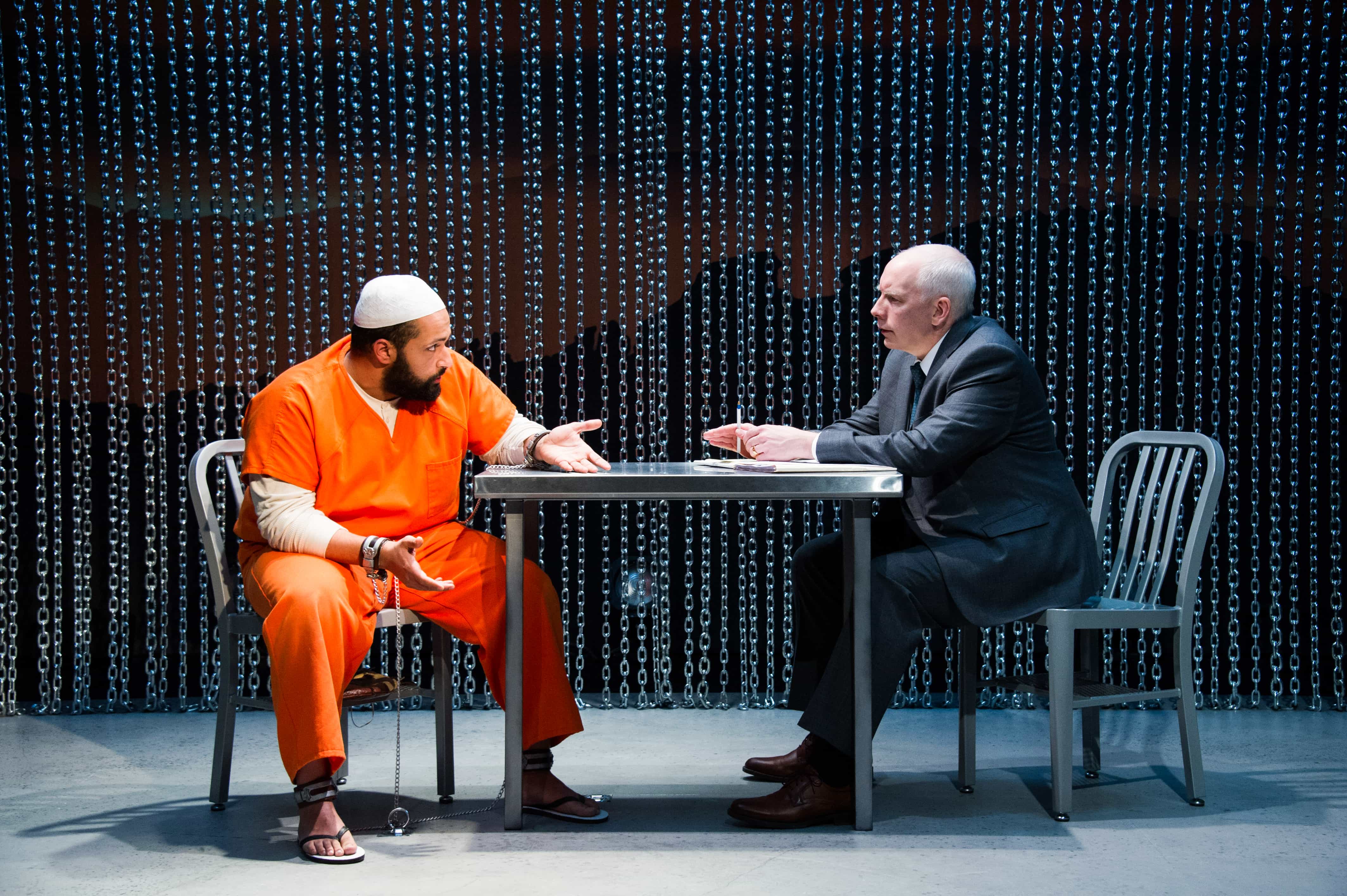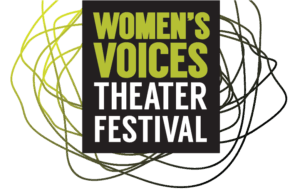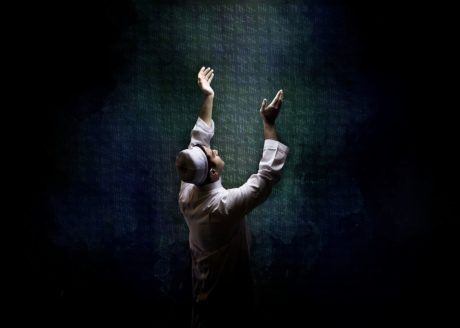Have you ever met someone who left you feeling as though there is nothing you can’t do? I got that feeling each time I sat down with four playwrights and a director who identify as women of color from the Women’s Voices Theater Festival. Each is a total badass in her own right. After talking to each of them, I felt so empowered. Their similar themes included the desire to be a part of the national conversation when it happens, not after the fact; having their works on the main stage, not the black box; and being seen as equal to the male playwrights who get offered more opportunities year round and not just one month out of the year.
This is the second of a five-part series talking with each of these phenomenal women. Next up is Annalisa Dias, playwright of 4,380 Nights, currently playing at Signature Theatre.

In the world of #MeToo and the #TimesUp movement, how important is the playwright of color’s voice to theatre and entertainment world? The Women’s Voices Theater Festival?
You can’t dismantle sexism without dismantling racism, and without dismantling other systems of oppression. Bell Hooks and many others have written eloquently about how these systems of oppression interlock with each other, so the work continues. I’m endlessly grateful to be part of this festival (it’s so clearly still needed), and I’m truly thrilled that so many of the festival playwrights this year are women of color. It’s not just one or two, which is a great indicator that we’re slowly moving beyond tokenization.
What kind of research do you do, and how long do you spend researching before beginning a play?
It depends on what I’m working on. I wrote a solo show (Servant of the Wind) in 2016, for which I almost did no “research” before beginning to write because it was an exploration of my own personal identity as a first-generation Indian-American woman, so my research was my entire life. For 4,380 Nights – which deals with complicated and specific interconnected histories of the ongoing operation of the detention facility at Guantanamo; the 19th-century French colonization of Algeria; and a symbolic look at power, desire, and suffering – I spent months and months reading before I really started writing. My graduate training is in dramaturgy, so I’m a little predisposed to be excited by research in a way I think some people might not be.

That’s an interesting question, and I have to say I’ve never actually thought about it. It’s never occurred to me as something to think about
What did you edit out of this?
This play has gone through so many drafts. One storyline, which I mentioned, is set in the 19th-century French colonization of Algeria, and initially, there were a lot of names and dates that were included in one of the first drafts that eventually got edited out because it was frankly sort of confusing. This is a play, not a history book. So we worked on finding ways not to erase history, but to be respectful to those histories while allowing the audience to have something to hold on to and understand what they’re watching. Joe Calarco (dramaturg) and Kathleen Akerley (director) were an enormous help in that editing process. Really, the whole production team helped me articulate the intention of my initial impulses and find ways to do them theatrically.
What is your writing Kryptonite?
This is the first play of mine that has been produced at a large regional theatre. The Signature staff and artistic company put a huge vote of confidence in my voice, for which I’m so grateful. I find that my biggest stumbling block, or kryptonite, feeling like I need prove to people that I belong here. It seems like a sort of natural thing to go through as a relatively new playwright, though.
What does success look like to you on the stage?
I’ve been talking about this play as a meditation rather than a political statement. Regardless of what you think about Guantanamo before seeing the play, I don’t want anyone to walk out feeling like they were confirmed in their beliefs. If people pause and really reflect on how we got here – that would be a success for me.
If you could tell your younger writing-self anything, what would it be?
When I was younger, I was convinced that there was no place in theatre for me because I was a person of color. For the longest time, I had been on a Ph.D. track to teach at the collegiate level. I did a master’s program in theater history and criticism at The Catholic University of America, and part of the program requirement was an internship at a theater in town. I did mine at the Folger. From there I started making connections and just kept going from one project to the next. At some point, I said to myself, “Oh wait, you mean people of color can work in theater?” If I were speaking to a younger me, I wouldn’t want to lie to myself and say that it’s easy, but I might remind myself that the things you think are impossible are often not.
4,380 Nights runs through February 18, 2018 at Signature Theatre, 4200 Campbell Avenue, in Arlington, VA 22206. For tickets, call the box office at (703) 820-9771 or go online.
Annalisa Dias (Playwright)

LINK:
Interview: Tracey Conyer Lee, ‘Rabbit Summer’ Playwright (Women’s Voices Theater Festival) by Natalie Tucker





